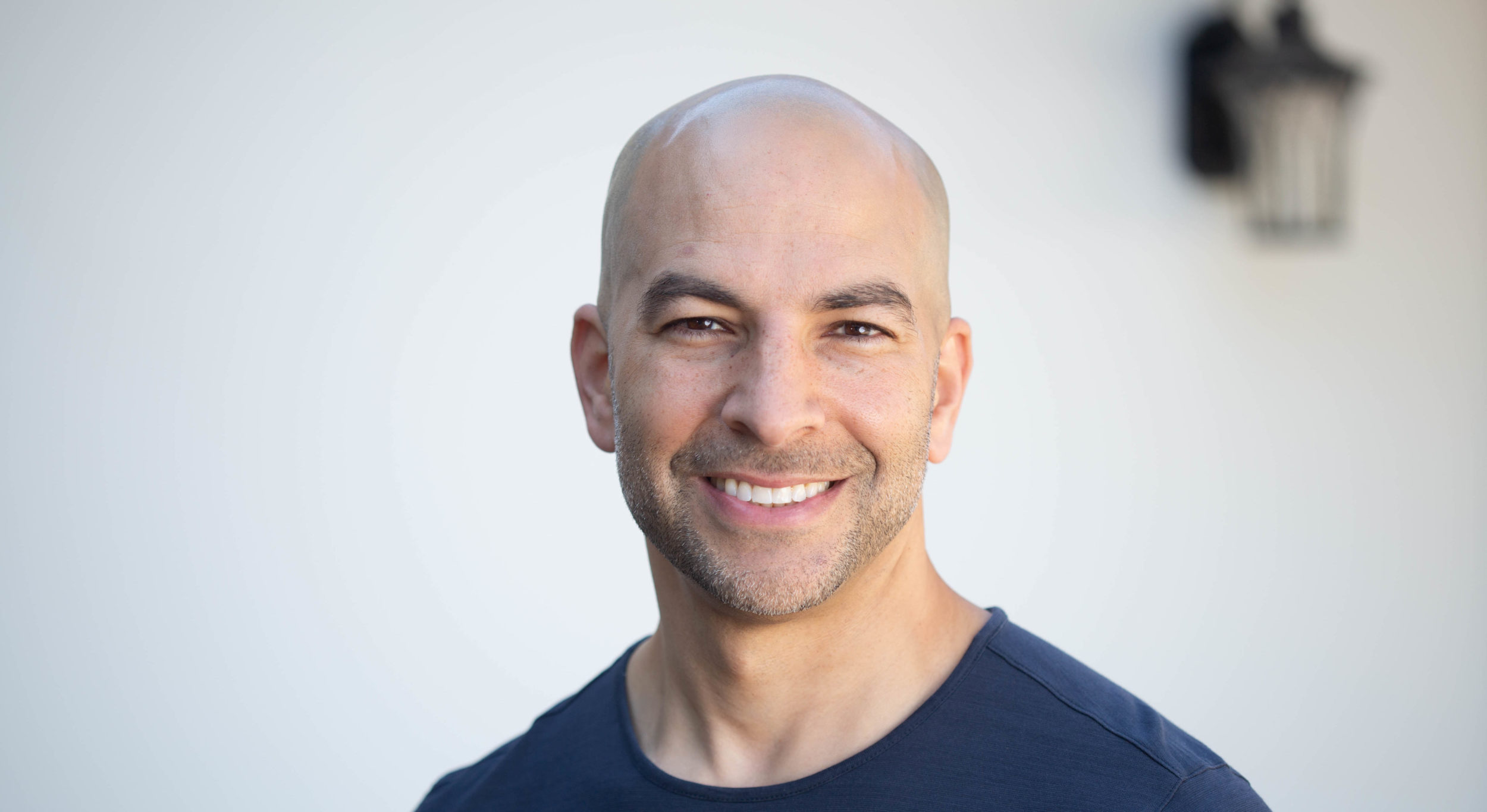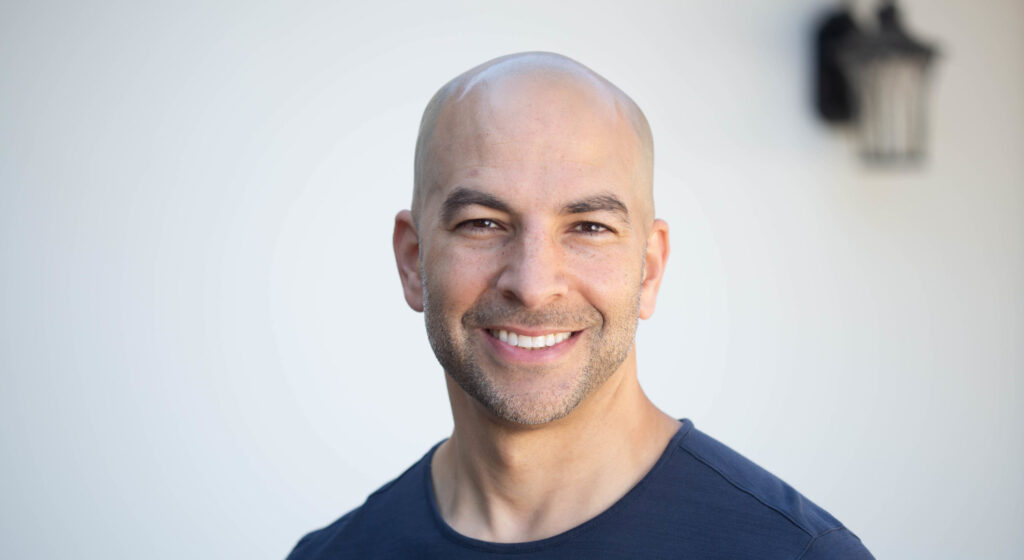What can we do to live longer?
The Buddha said, “To keep the body in good health is a duty … otherwise we shall not be able to keep the mind strong and clear.” And Tony Robbins said, “The human body is the best picture of the human soul.”
Today, we have more medical knowledge than ever before. We’ve developed treatments for all kinds of conditions from acne to cancer, and we’ve greatly expanded our lifespans.
But here’s the problem: We’re living longer, but our quality of life is decreasing. Aging often comes with significant physical problems that are increasingly tough to deal with. As we get older, we may develop knee or hip problems, hearing or vision loss, or even memory problems. These things have a significant impact on our lives and our families — so how can we stay healthier longer?
My guest today is physician, Dr. Peter Attia. Dr. Peter focuses on the applied science of longevity, the extension of human life, and overall well-being. Dr. Peter trained for five years at the Johns Hopkins Hospital in general surgery, where he was the recipient of several prestigious awards, including “Resident of the Year.” He’s spent the last few years being mentored by the top medical scientists and now hosts The Drive, a weekly, deep-dive podcast focusing on maximizing longevity by working on physical, cognitive, and emotional health.
Dr. Peter is the perfect person to talk to about health and longevity, and I’m excited to have him on The School of Greatness today! In fact, our conversation was so fascinating, that I decided to split it into two episodes! In Part One, we talked about how mental health affects longevity, daily practices you can do to live a longer and healthier life, and all the details on Type 2 diabetes. This episode is informative, and I know you’ll get a lot of value from it. Let’s dive in!
Who Is Dr. Peter Attia?
Dr. Peter Attia is a physician focusing on the applied science of longevity. His practice deals extensively with nutritional interventions, exercise physiology, sleep physiology, emotional and mental health, and pharmacology to increase lifespan (delay the onset of chronic disease) while simultaneously improving healthspan (quality of life).
In addition to training at Johns Hopkins Hospital, Dr. Peter also spent two years at the National Institutes of Health as a surgical oncology fellow at the National Cancer Institute, where his research focused on immune-based therapies for melanoma. He has since been mentored by some of the most experienced and innovative lipidologists, endocrinologists, gynecologists, sleep physiologists, and longevity scientists in the United States and Canada.
Dr. Peter earned his M.D. from Stanford University and holds a B.Sc. in mechanical engineering and applied mathematics. He also receives speaking honorariums from organizations, including hospitals and health-related businesses, when he is asked to speak on longevity, metabolic-related topics, athletic performance, and his personal experience working in medicine.
In addition to being an accomplished physician, Dr. Peter is also a successful businessman. He is the Co-founder and Chief Medical Officer of the fasting app Zero. Additionally, Dr. Peter is an advisor to and/or investor in the following companies: Virta Health, Hu Kitchen, Oura Health Oy, Magic Spoon Cereal, Inevitable Ventures, Salutoceuticals, Dexcom, and Supercast.
Dr. Peter has an impressive career, but he’s an even more impressive person in real life! I’m so grateful to him for taking the time to join me here on The School of Greatness!
Lifespan vs. Healthspan
Let’s talk a little bit about the difference between lifespan and health span because there’s a really key distinction between them. Our lifespan is the amount of time we live, and it is steadily growing longer. We’re living to reach older and older ages than ever before, which is great. The problem is that we may be living longer, but we’re living with chronic health conditions that significantly lower our quality of life.
It’s great to live until you’re 90 or 100 years old, but if you spend the last 20 or 30 years in so much pain or with a neurodegenerative disease like Alzheimer’s, you’re not really enjoying those last few decades. Your lifespan may be longer, but your health span — the amount of life you live in good health — isn’t. That’s the problem that Dr. Peter and other doctors like him are trying to solve.
“Healthspan has three pieces, right? It’s the cognitive piece — so how well does your brain work as you age? … Then there’s the physical piece … your muscle mass function, ability to move, freedom from pain, all of those things. And then, of course, this third piece, … which is the emotional resilience and the ability to maintain a tolerance around distress.” – Dr. Peter Attia
When we think of extending our lifespans, we think a lot about our physical health — how well our bodies function. And that’s important, but just as important is our mental health. Throughout our lives, we experience different stressors that can cause strain on our mental health. When we start to experience those mental health issues, we “die” in a sense. Dr. Peter’s goal is to reduce those early “deaths” as much as possible.
“Most people, when they think of death, think of what we call cardiopulmonary death or what I’m calling ‘death-certificate death.’ … But probably 80% of people have actually died one of the other deaths before they die a cardiopulmonary death. So they’ve either died a cognitive death — which is to say their minds have become so dull that they’re really not able to be the people they wanted to be — [or] their body has broken down so much that the things that once gave them so much joy, … they’re deprived of … or emotionally … they’ve become depressed. … And to me, we want to minimize that gap, right? We would like it such that, when you die, it’s really your first encounter with death of any form.” – Dr. Peter Attia
That’s the ultimate goal: To practice medicine and healthy living in such a way that we avoid encountering any kind of death before we have to. That way, we can live lives that are both long and healthy! But to accomplish that goal, we have to learn how to prevent chronic diseases.



